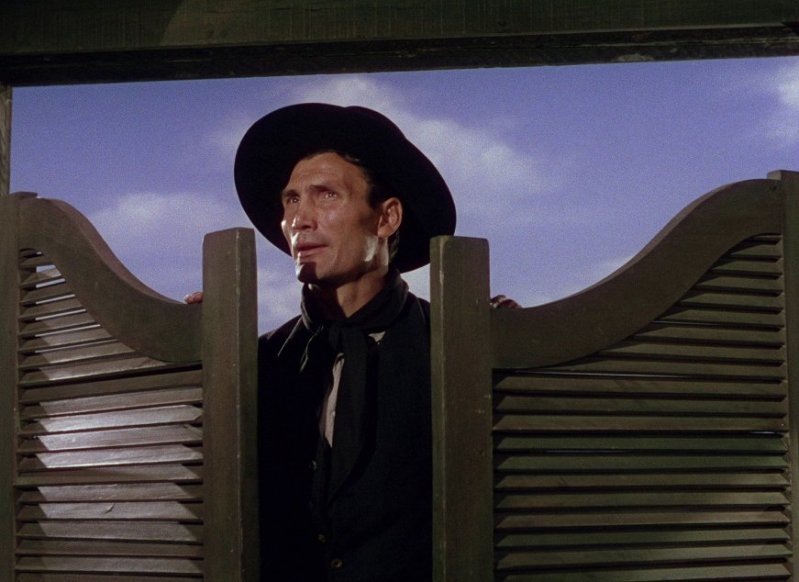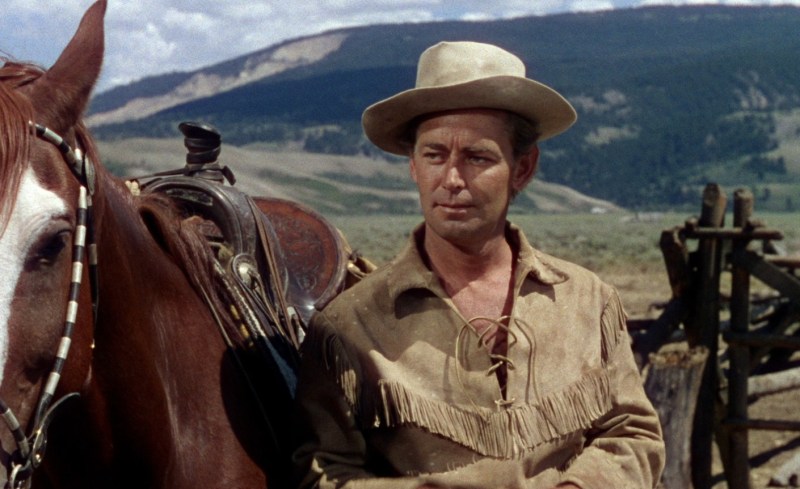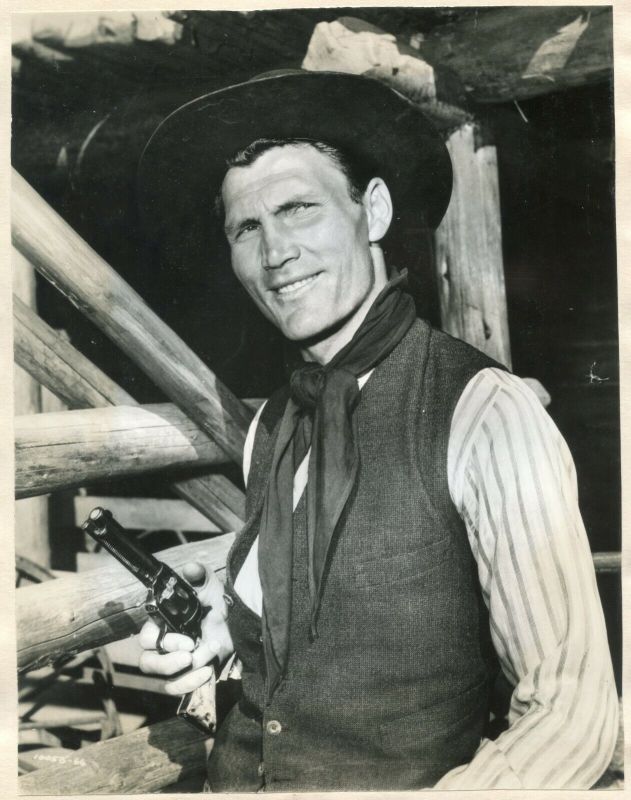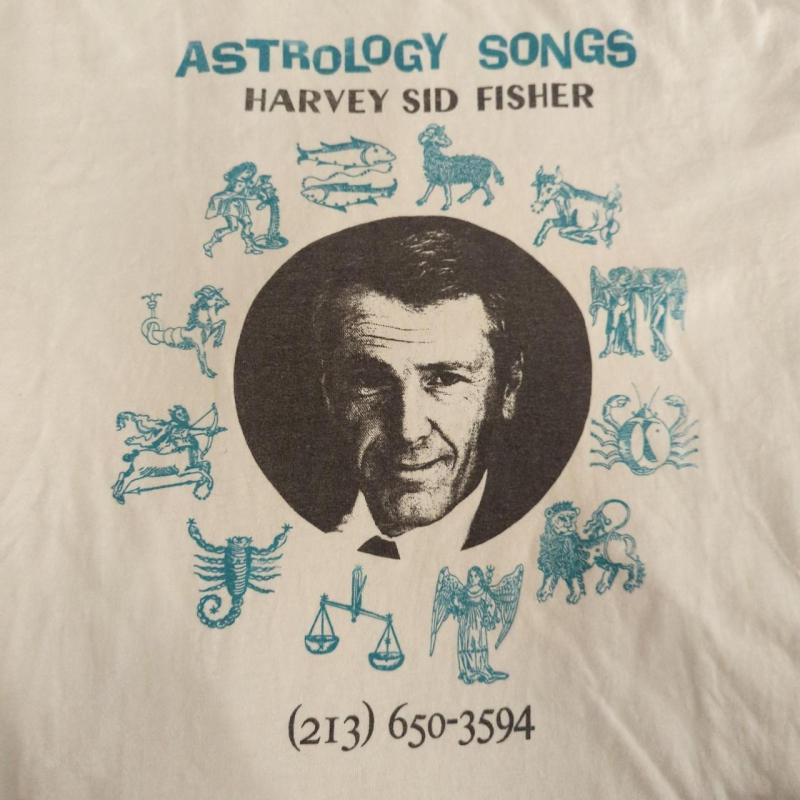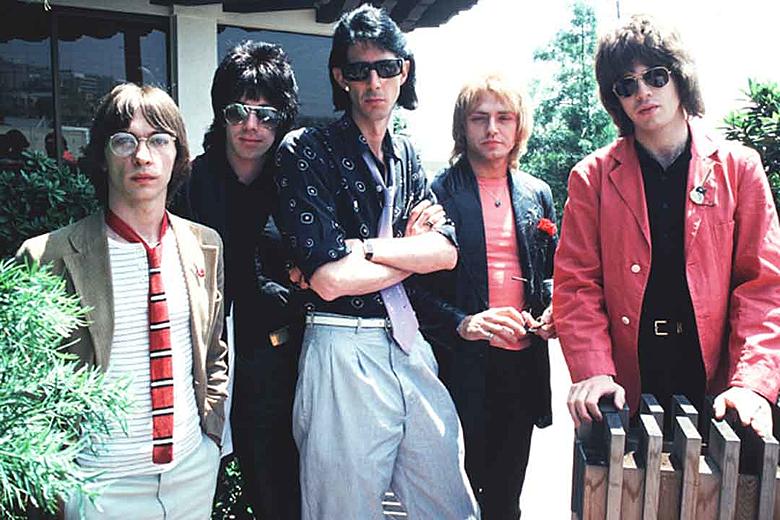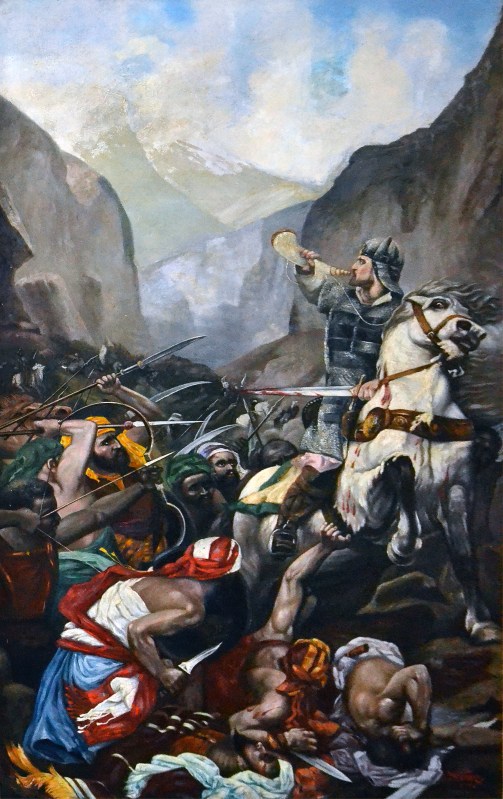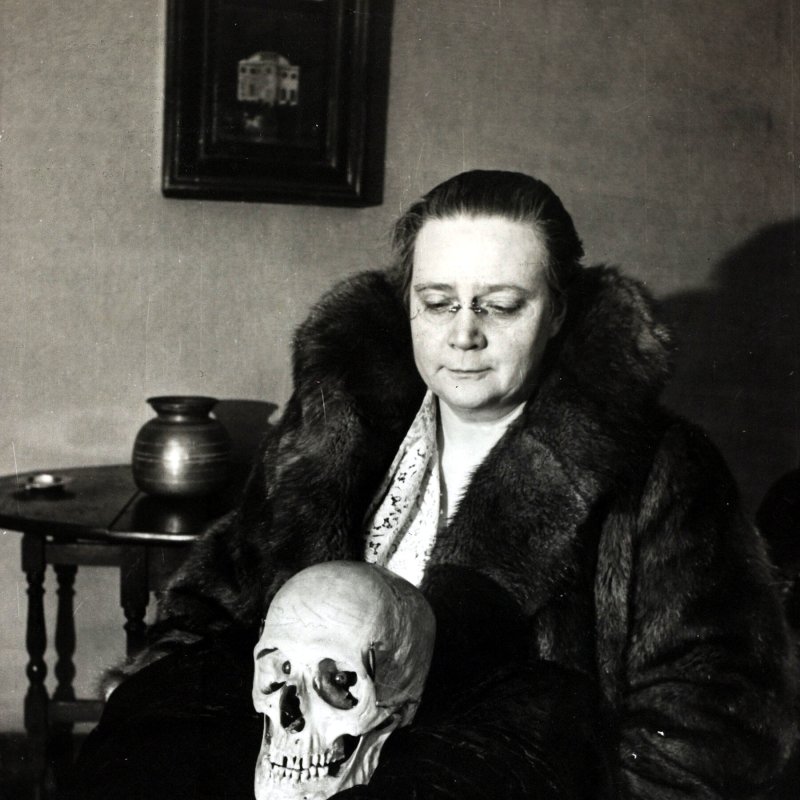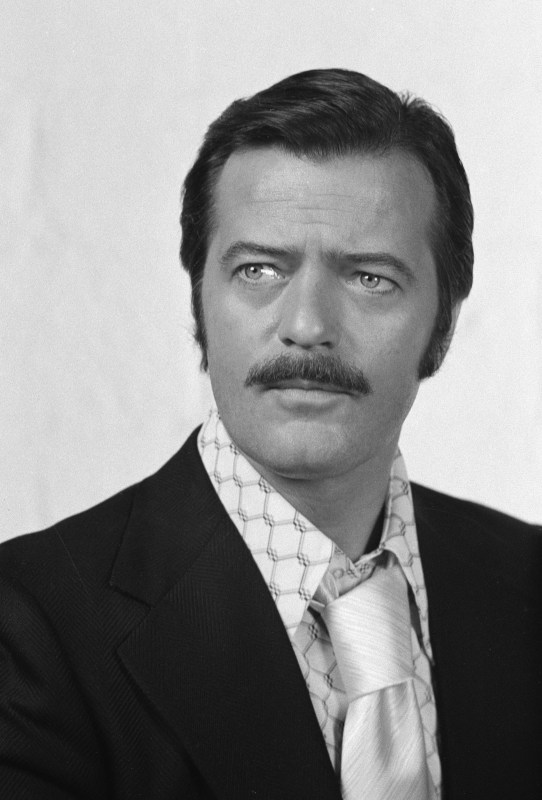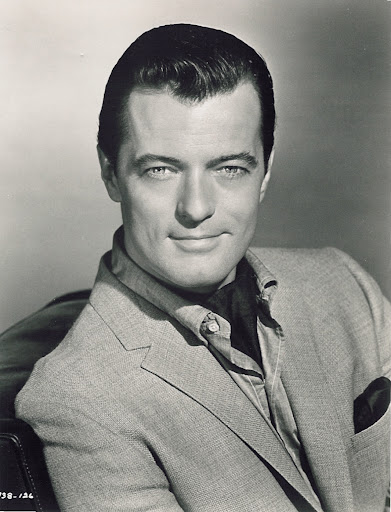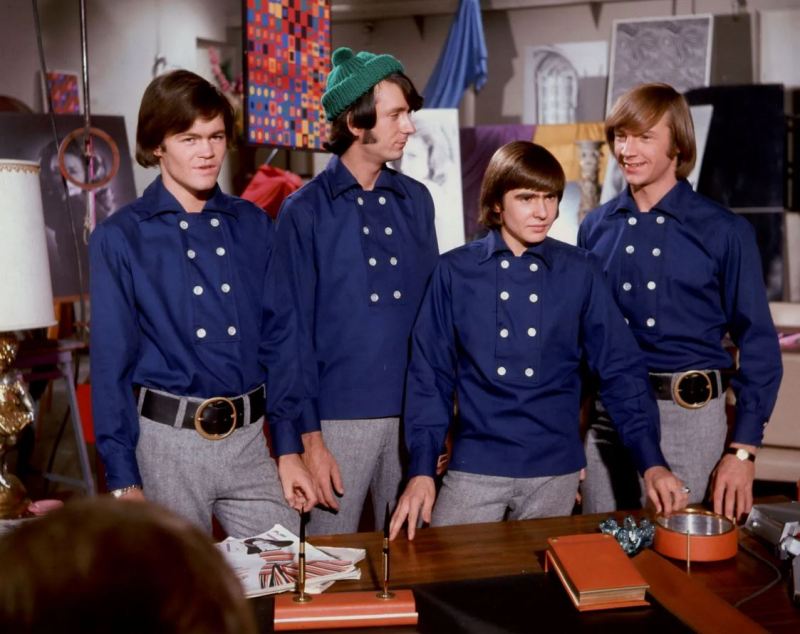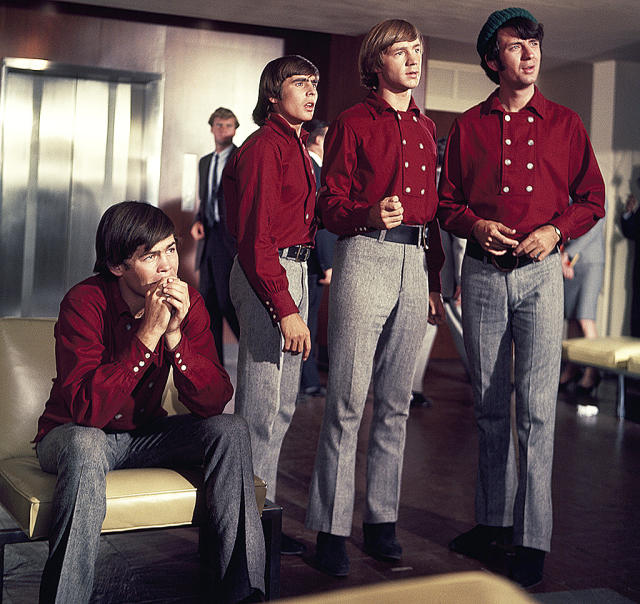This masterful, stylish, dominant Swiss athlete, Roger Federer, has achieved such towering heights, in tennis, that he is generally considered the sport’s greatest ever practitioner. He has given many, many thrills over the years…with his nonpareil artistry and creativity; his indomitable will; his uncanny proclivity to produce his best when it matters most, when so many others wilt. Always so aware, so ready to seize command of the point. There’s just an extra gear/dimension to his game we’ve not seen before. An undeniable sense of synergy pervades his shotmaking. He has a unique way of taking time away from his opponent with his feet and timing. Winners from every court position flow from his racquet. His touch is exquisite. At his best, Roger’s game was—and, is—nothing short of poetry, the poetry of a genius…a slightly mad one, at that.
I’ll always recall my first viewing, against American Andy Roddick, in the 2003 Wimbledon semi-finals. His preternatural grace and *feel* for the game I simply found astonishing. Magical. When Federer closed out the second set with, really, something no one had seen—a running, forehand half-volley {usually a defensive shot} utterly whipped into the corner for an uncontested winner—both men had to smile. Commentator John McEnroe, quite capable of producing his *own* magic with a racket, was incredulous. “That’s not possible.”
On a personal note, I was fortunate enough to partake of the Great Man at very close quarters; a practice session. Being at such proximity to Mr. Federer would have to be included in one’s rather intimately scaled coterie of “Religious Experiences”. Plus, he also rather casually did something impossible. He’s like that.
The grace also masked an assassin-like ruthlessness that could torture opponents. Nick Kyrgios, the temperamental Australian star, has said that Federer is the only player who has ever made him feel like he really did not know what he was doing on a tennis court.
From the great Rafael Nadal, on his immortal rival: “If he is playing very good, I have to play unbelievable. If not, it’s impossible, especially if he’s playing with good confidence. When he’s 100 per cent, he’s playing in another league. It’s impossible to stop him.”




















